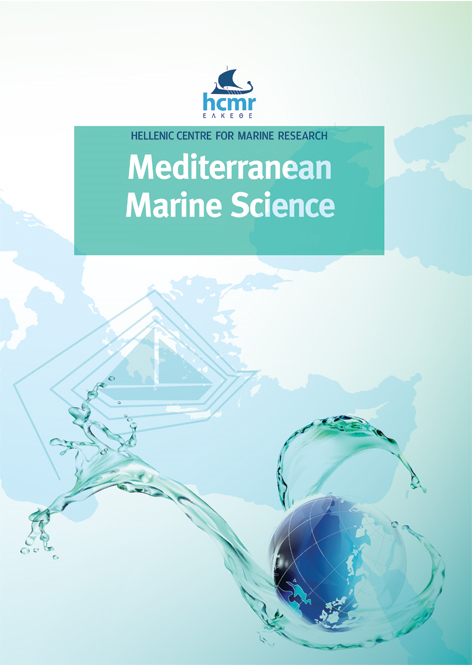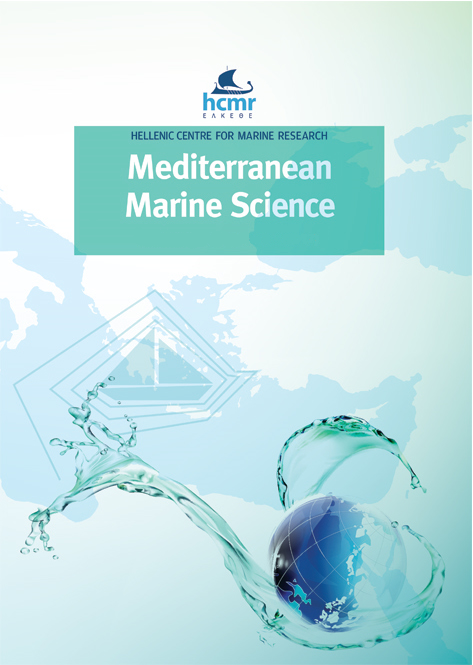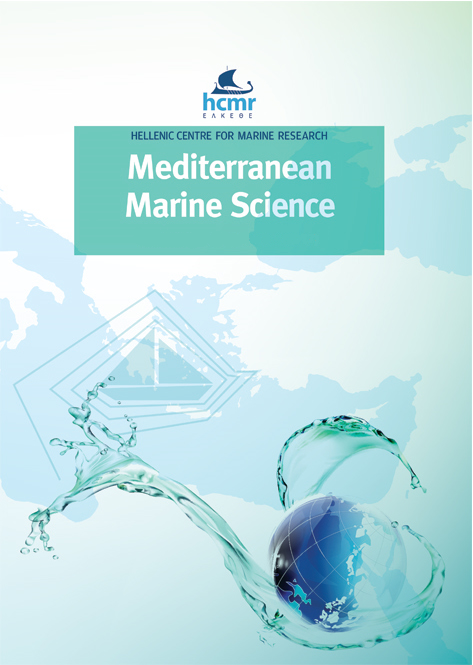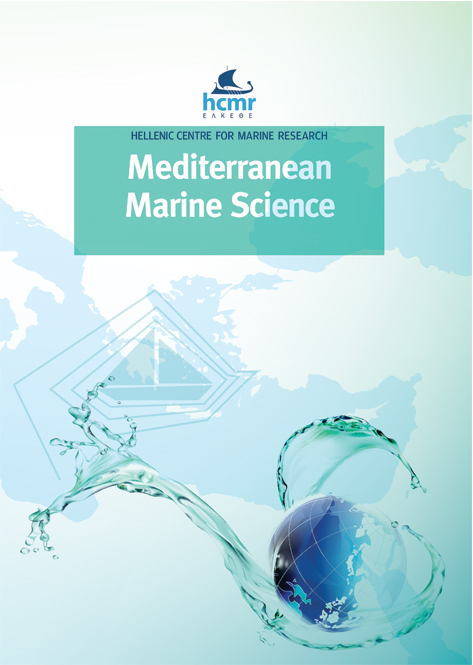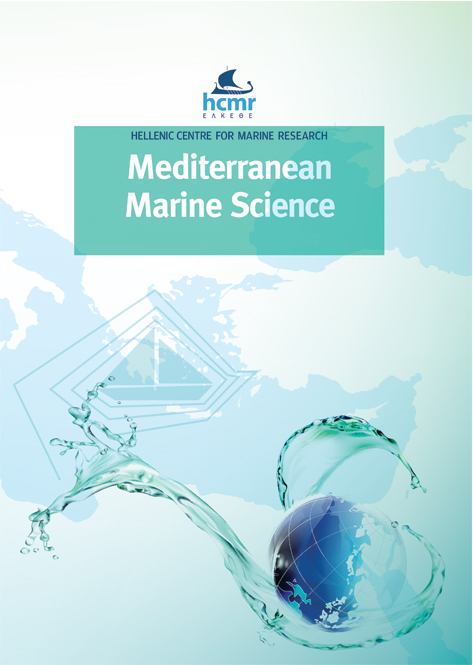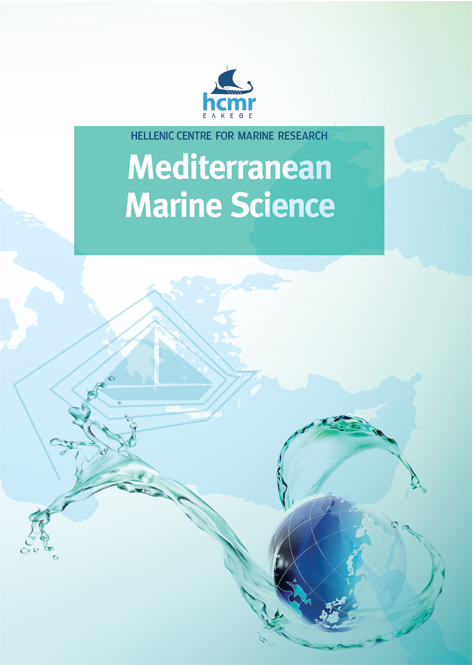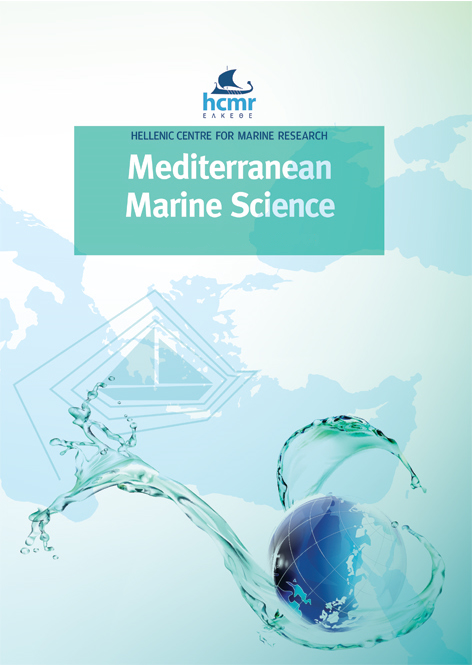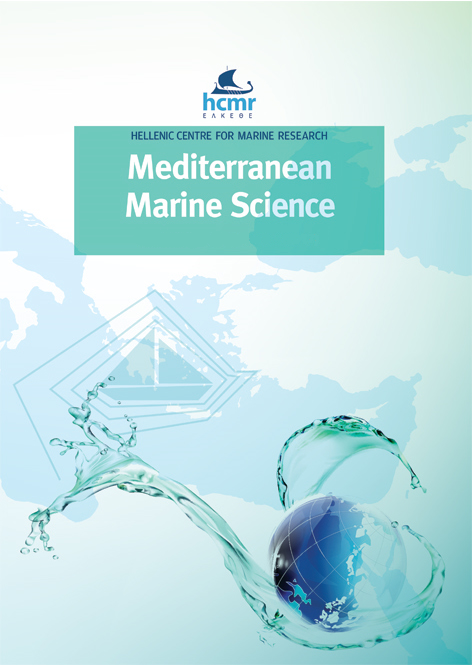Is the trend in new introductions of marine non-indigenous species a reliable criterion for assessing good environmental status? Τhe case study of Greece
Abstract
This study presents the updated status of marine non-indigenous species (NIS) distribution in Greece and investigates trends in new NIS introductions, at both national and subnational level, during 1970-2017. The overall picture shows an increase in new introductions from the 1970s to 2017. The number of unaided introduced species (mainly Lessepsian immigrants) followed an upward trend in the South Aegean Sea until 2017. Similarly, the number of NIS associated with transport-stowaway (NIS introduced mainly via ballast and boat hulls) followed an upward until 2017 in the South Aegean Sea, but also in the Hellenic Levantine coasts. However, these results are greatly affected by a monitoring bias, which appears to be the main factor influencing the number of new NIS introductions reported from Greece and its subnational areas. This monitoring bias, as well as the continuous influx of Lessepsian NIS into the Aegean Sea, constitutes a challenge for Greece as regards setting exact boundaries for areas with or without Good Environmental Status (GES), based on Descriptor 2, primary criterion C1 (D2C1), of the Marine Strategy Framework Directive (MSFD). Dedicated monitoring of marine NIS should be established and be constant in space, time and across taxonomic groups. Prioritization should be given to hot-spot areas of new NIS introductions, such as ports, aquaculture units and marine protected areas. This should be a prerequisite for applying the primary criterion D2C1 of the MSFD properly, at both national and subnational level. Finally, as regards the implementation of D2C1 of the MSDF and setting exact threshold values, we highlight the need for subregional and regional coordination in the Mediterranean.
Article Details
- Come citare
-
ZENETOS, A., KARACHLE, P. K., CORSINI-FOKA, M., GEROVASILEIOU, V., SIMBOURA, N., XENTIDIS, N. J., & TSIAMIS, K. (2020). Is the trend in new introductions of marine non-indigenous species a reliable criterion for assessing good environmental status? Τhe case study of Greece. Mediterranean Marine Science, 21(3), 775–793. https://doi.org/10.12681/mms.25136
- Fascicolo
- V. 21 N. 3 (2020)
- Sezione
- Review Article
Authors who publish with this journal agree to the following terms:
- Authors retain copyright and grant the journal right of first publication with the work simultaneously licensed under a Creative Commons Attribution Non-Commercial License that allows others to share the work with an acknowledgement of the work's authorship and initial publication in this journal.
- Authors are able to enter into separate, additional contractual arrangements for the non-exclusive distribution of the journal's published version of the work (e.g. post it to an institutional repository or publish it in a book), with an acknowledgement of its initial publication in this journal.
- Authors are permitted and encouraged to post their work online (preferably in institutional repositories or on their website) prior to and during the submission process, as it can lead to productive exchanges, as well as earlier and greater citation of published work (See The Effect of Open Access).

